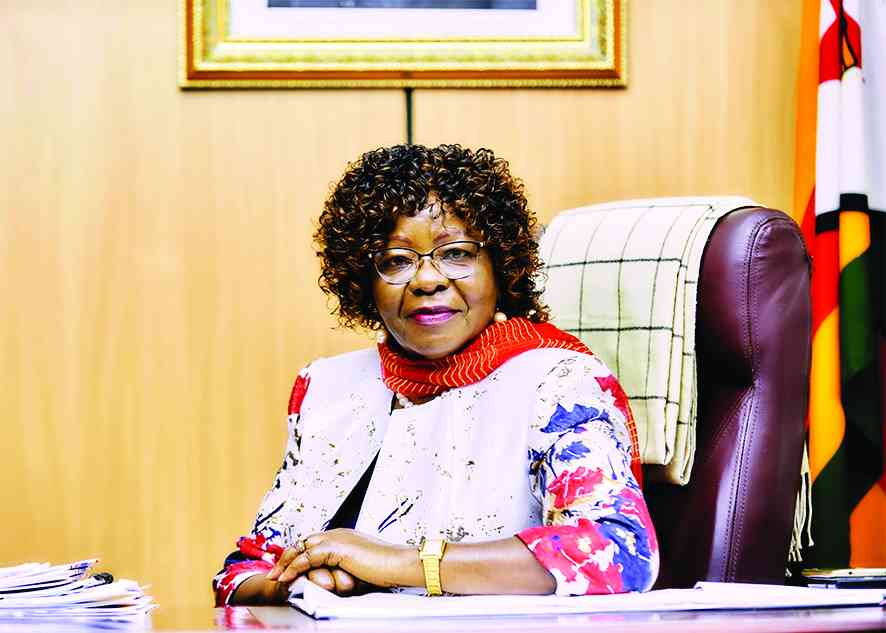
GOVERNMENT says it is prioritising rural industrialisation and empowering Small and Medium Enterprises (SMEs) as key drivers of job creation and authentic economic growth.
Industry and Commerce minister Sithembiso Nyoni revealed this in Parliament while responding to questions from legislators.
“My ministry’s thrust is to create employment, but we cannot create employment by remaining in town and also by remaining with the large industries,” said Nyoni.
“We are now going to be focusing on rural industrialisation as well as the pull factor.
“The Small and Medium Enterprises in this country have created more jobs than the big companies, therefore, it is important to recognise the work they have done.”
Nyoni said SMEs were contributing to the national fiscus, hence the need to recognise and assist them to grow.
“In the rural areas, we have been exporting raw materials to the cities. My ministry is determined that we need to develop typically Zimbabwe’s economy and we cannot do that by not value adding and by exporting raw materials outside the country, not value adding where people are.
“Be rest assured that we will come to any rural area and the aim of the ministry is to do rural industrialisation, not only to create jobs but also to grow an authentically Zimbabwean economy,” she said.
- SMEs tax regime under review
- Minister Nyoni grilled for ‘sponsoring’ political violence
- First Lady urges women to fight food insecurity
- Mixed feelings over credit registry
Keep Reading
Government is currently revising the industrial policy to make it as inclusive and comprehensive as possible.
Last year, the Parliamentary Portforlio Committee on Industry and Commerce called for increased funding for rural development in Zimbabwe as part of the wider national devolution agenda.
In a report tabled before Parliament, the committee said rural areas had been left behind despite President Emmerson Mnangagwa’s “leaving no one behind” mantra.
Finance minister Mthuli Ncube allocates funds for projects to be run under devolution, but councils have often complained that the money is either too little or is disbursed very late when it has already been chewed by inflation.










